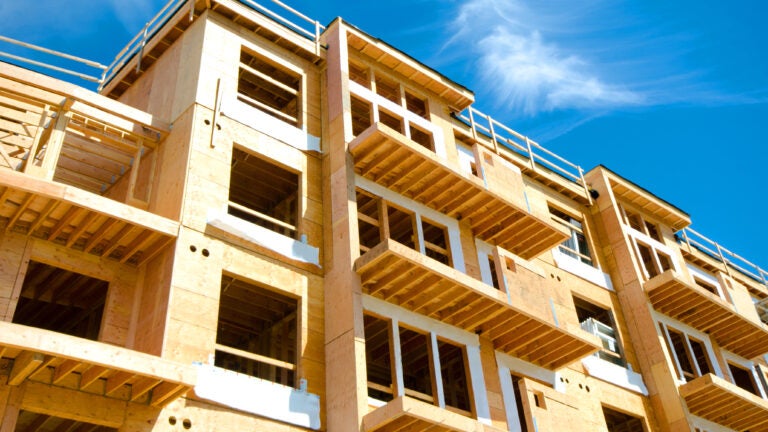The surprising barrier that keeps us from building the housing we need
Sure, there's too much red tape, but there is another reason building anything is so expensive: the construction industry's "awful" productivity.
“Permitting delays and strict zoning rules create huge obstacles to building more and faster—as do other widely recognized issues, like the political power of NIMBY activists across the country and an ongoing shortage of skilled workers. But there is also another, less talked-about problem that’s plaguing the industry: We’re not very efficient at building, and we seem somehow to be getting worse.
Together these forces have made it more expensive to build houses, leading to increases in prices. Albert Saiz, a professor of urban economics and real estate at MIT, calculates that construction costs account for more than two-thirds of the price of a new house in much of the country, including the Southwest and West, where much of the building is happening. Even in places like California and New England, where land is extremely expensive, construction accounts for 40% to 60% of value of a new home, according to Saiz.
Part of the problem, Saiz says, is that “if you go to any construction site, you’ll see the same methods used 30 years ago.”
The productivity woes are evident across the construction industry, not just in the housing sector. From clean-energy advocates dreaming of renewables and an expanded power grid to tech companies racing to add data centers, everyone seems to agree: We need to build more and do it quickly. The practical reality, though, is that it
costs more, and takes more time, to construct anything.
For decades, companies across the industry have largely ignored ways they could improve the efficiency of their operations. They have shunned data science and the kinds of automation that have transformed the other sectors of the economy. According to an estimation by the McKinsey Global Institute, construction, one of the largest parts of the global economy, is
the least digitized major sector worldwide—and it isn’t even close.
The reality is that even if we ease the endless permitting delays and begin cutting red tape, we will still be faced with a distressing fact: The construction industry is not very efficient when it comes to building stuff………..”
https://www.technologyreview.com/20...l&utm_campaign=site_visitor.unpaid.engagement




